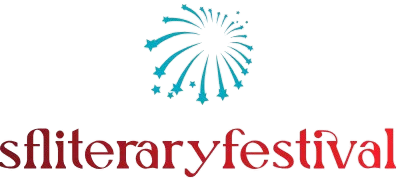Libraries have evolved to play a crucial role in the modern world, serving as community hubs and knowledge centers. Here are some key roles that libraries fulfill in today’s society:
Access to Information:
Libraries provide free or affordable access to a vast array of resources, including books, e-books, magazines, newspapers, audiobooks, databases, and digital content. In an age of digital divide and information overload, libraries serve as gateways to reliable information, empowering individuals with knowledge and helping bridge the digital gap.
Promoting Literacy and Education:
Libraries serve as vital institutions for promoting literacy and education. They offer reading programs for children, tutoring services, and educational workshops. By creating an environment that encourages learning and discovery, libraries contribute to personal and academic growth, fostering a lifelong love of reading and learning.
Community Gathering Spaces:
Libraries act as community centers, providing spaces where people can gather, interact, and engage in various activities. From book clubs and author events to workshops and lectures, libraries foster social connections, promote cultural engagement, and facilitate lifelong learning within the community.
Supporting Digital Literacy:
In today’s digital landscape, libraries play a significant role in promoting digital literacy. They offer computer access, internet connectivity, and training programs to help individuals navigate the digital world effectively. Libraries also provide resources and assistance for job seekers, helping bridge the digital skills gap and fostering digital inclusion.
Preserving and Archiving Knowledge:
Libraries serve as guardians of cultural heritage, preserving books, manuscripts, historical documents, and other important artifacts. They ensure access to valuable information for future generations, protecting and sharing the collective knowledge and history of communities.
Enhancing Civic Engagement:
Libraries promote civic engagement by providing access to government documents, voter registration services, and information on local community resources. They serve as spaces for dialogues, discussions, and public programs, facilitating informed citizenship and active participation in democratic processes.
Supporting Lifelong Learning and Personal Development:
Libraries embrace the concept of lifelong learning and personal growth by offering resources and programs for people of all ages, from early literacy initiatives for children to workshops on career development, financial literacy, and adult education. Libraries empower individuals to pursue their interests and continuously learn throughout their lives.
Fostering Innovation and Creativity:
Libraries often serve as incubators for innovation and creativity. They provide access to technology, makerspaces, and resources for entrepreneurs, artists, and inventors. Libraries also promote cultural expression by hosting art exhibitions, performances, and creative workshops.
In a world driven by technological advancements, libraries remain essential community assets, ensuring equitable access to information, education, and resources. As dynamic institutions, they adapt to the changing needs of their communities, continuously evolving to provide valuable services, bridge knowledge gaps, and foster a sense of belonging and intellectual growth for all.




